Happy Ducts Free the Flow
Happy Ducts Free the Flow
Couldn't load pickup availability
Product Certifications
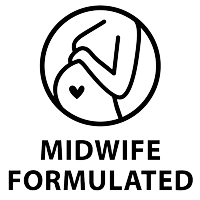
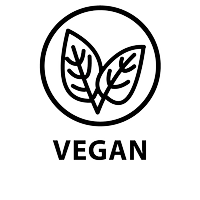
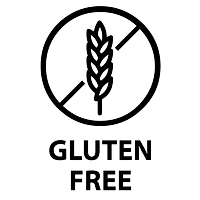
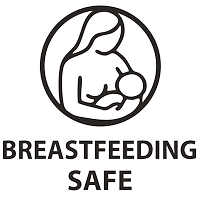

- Description
- Best Taken
- Suggested Use
- Herbs in Action
- Ingredients
Nursing is a lot of work! With all that action, sometimes your milk flow is more like a traffic jam. Show your breasts some love by keeping your lymph system moving and ducts free and clear. Happy Ducts helps to invigorate lymphatic function in the breasts and support overall breast health.
- Short-term herbal lactation support for nursing mothers.*
- Promote a healthy immune response.*
- Nurture healthy lymph and breasts.*
- Gluten-free.*
- Available in our unique and convenient pump top bottle.
This is not a tonic formula and is meant for short-term use for acute discomforts.
While all our pregnancy, postpartum and children's formulas contain organic gluten-free alcohol — which is used to extract the herbal constituents and preserve the tincture — our finished products have as much alcohol as a ripe banana per serving.
- At onset of clogged duct.
Take 2mL in a little water for taste; repeat every 1-3 hours for a day or two, then taper off to 3-4 times per day. Not for long-term use.
Recommended Use Strategies: #2
Use Strategies
"Half of it is the awesome formulas...the other half is how you use them!"
#2 Move Thru-It Strategy - Frequency: To support optimal recovery rates, take one serving in a little water; repeat every 1-3 hours for a day or two then taper off to 3-4 times a day, up to 5 days in a row. Persistent frequency supports the body’s optimal response to a stressor.
Initially take the suggested amount in a small amount of water, juice or tea to taste. With familiarity, can be taken directly for convenience.
Keep out of reach of children. Shake well before use. If you have a medical condition or take medications, please consult your healthcare practitioner before use. For more info on storage, shelf life, dosage and more, read our Getting Started with Tinctures guide.
Learn how to measure one adult serving using each of our bottle types:
- Usnea lichen: Usnea spp. is a lichen that often hangs in tufts from trees and grows on trees, with the body of the plant used to make medicine. Also known as old man's beard, Usnea promotes a restorative immune response, especially in the mucus membranes and respiratory tract. It has also been used to break up mucus and make phlegm easier to cough up. Usnea is often used to combat discomforts and bring the body back to balance.
- Bee Propolis: Also known as bee glue, Bee Propolis is made from pollen and plant resin that bees use to protect and seal their hives. This thick resinous substance strengthens the body's natural immune response. Rich in polyphenols, these free radical scavengers support the body's natural balance and protect against environmental stressors.
- Yarrow aerials: Achillea millefolium was said to have been carried by the Greek warrior Achilles in his belt during the Trojan War to treat battlefield wounds, hence the Latin name referring to the warrior and yet another common name for Yarrow: the warrior herb. Yarrow furthers the body's natural immune response.
- Baptisia root: Baptisia tinctoria also known as Wild Indigo, is native to the Northeastern United States and supports optimal lymphatic function.
- Echinacea Purpurea root: Native to areas east of the Rocky Mountains in the US, Echinacea purpurea supports the body's natural immune response and immune system wellness. Echinacea provides seasonal immune support and supports a healthy histamine response, promoting comfort during seasonal changes.
- Red root: Ceanothus americanus has been used for hundreds of years in traditional medicine and is popular among herbalists and natural medicine practitioners today to stimulate the lymphatic system. Native Americans have a long history of using Red Root as an herbal ally. It was brewed as a tea and used to support optimal immune strength, vital respiratory system function, and the body's natural detoxification process.
- Elderflower: Sambucus nigra is native to Europe and now naturalized in parts of the United States. This light and delicate herb with honey-scented flowers makes it suitable for kids and adults alike. Elderflower supports the body's natural ability to eliminate waste and encourage a healthy microbial balance and immune response. It may also help support healthy body temperature.
- Boneset aerials: Eupatorium perfoliatum is a perennial daisy with a long history of use amongst Native Americans. It supports a healthy body temperature and soothes occasional aches.
- Hops strobiles: Humulus lupulus have traditionally been used to calm the nervous system, soothe occasional anxiousness, and help support restful sleep. Humulus lupulus were often grown in home gardens and revered for their health benefits.
- Calendula flower: Calendula officinalis may help support the immune system's natural functions and promote healthy microbial balance. This traditional flower is valued for its natural compounds that support the body's natural defenses and overall wellness.
Usnea lichen (Usnea spp.), Bee Propolis, Yarrow aerials (Achillea millefolium), Baptisia root (Baptisia tinctoria), organic Echinacea purpurea root (Echinacea purpurea), Red Root (Ceanothus americanus), Elderflower (Sambucus nigra), Boneset aerials (Eupatorium perfoliatum), organic Hops strobiles (Humulus lupulus), organic Calendula flower (Calendula officinalis), vegetable glycerine, Rocky Mountain artesian spring water, & organic gluten-free alcohol.

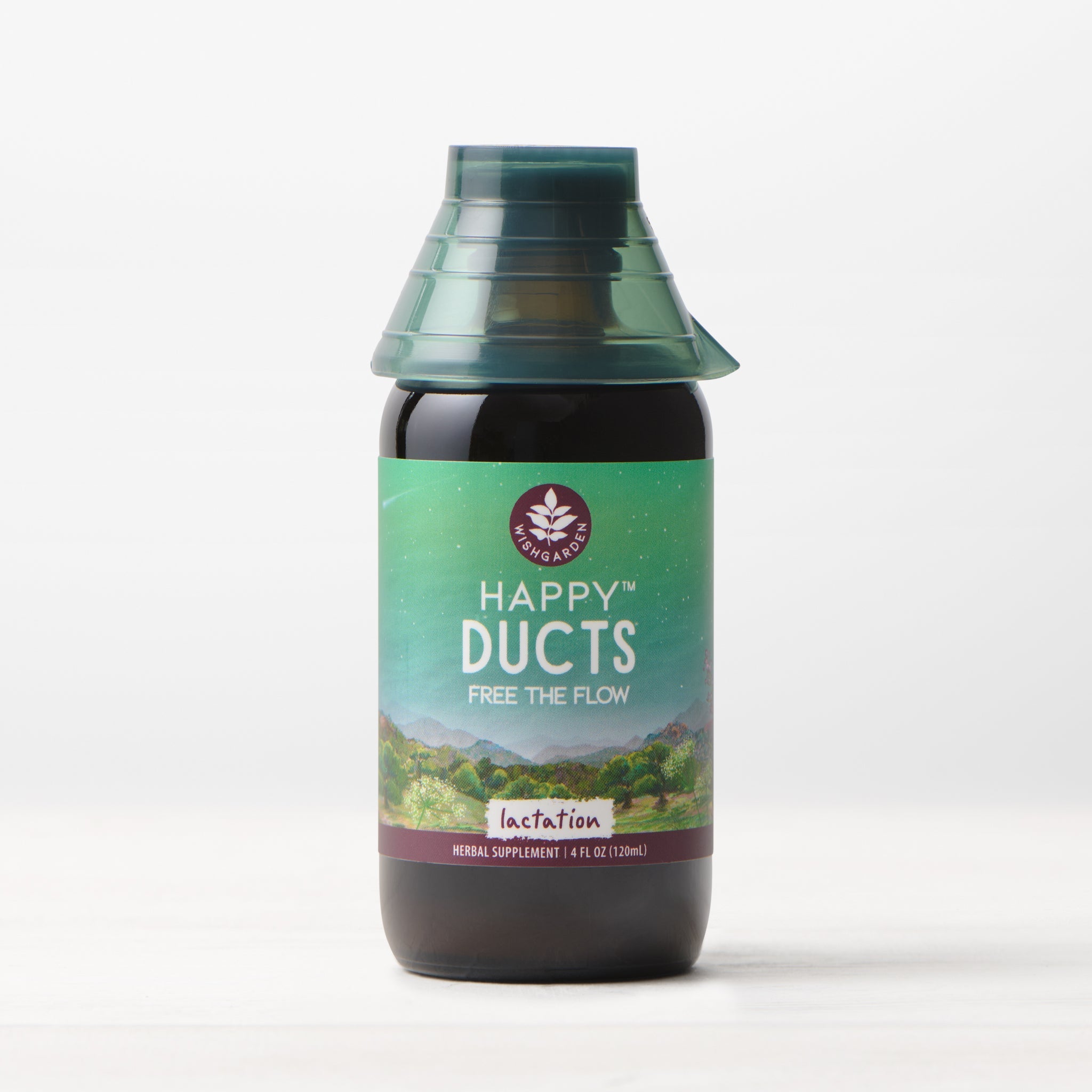

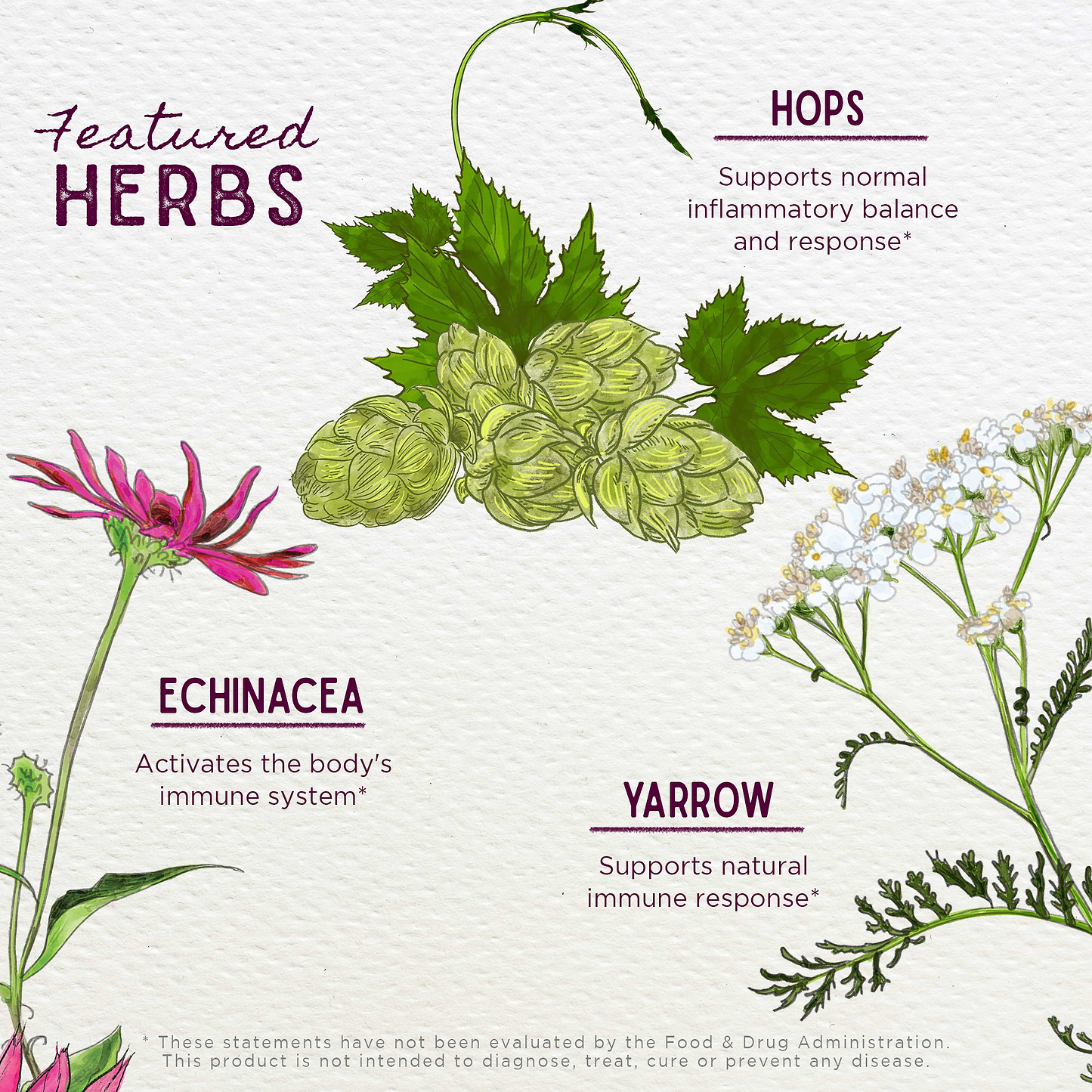
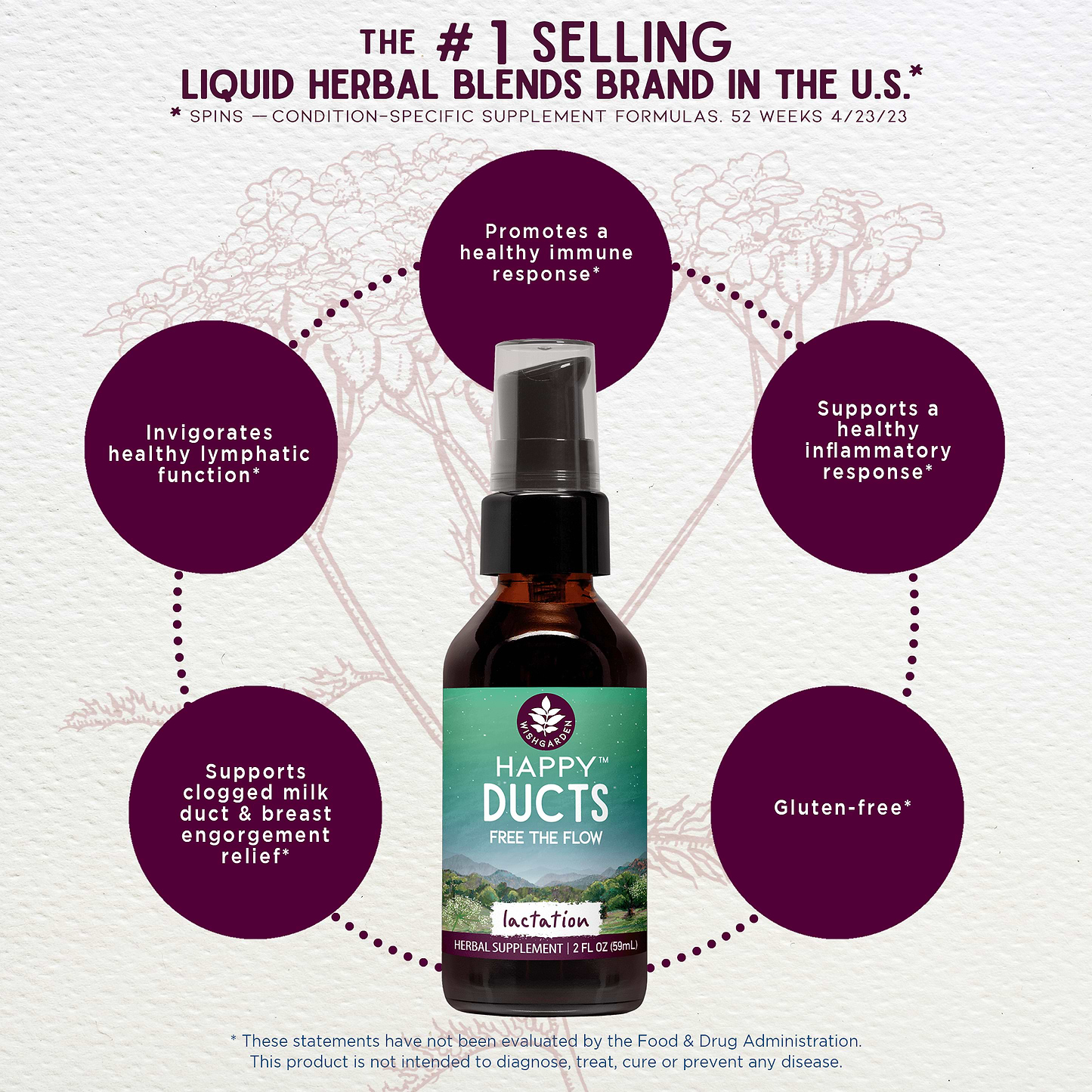

Nursing Support Essentials Bundle
$61.99
Bundle & Save
WishGarden Herbs do not filter, curate, or moderate customer reviews in any manner. These reviews are for informational purposes only. The information is not a substitute for medical advice. Reviews are written by actual customers and represent their own experiences and observations. These observations are not guaranteed and may not be typical for other customers. Your results may be different. These statements have not been evaluated by the Food & Drug Administration. This product is not intended to diagnose, treat, cure or prevent any disease.














